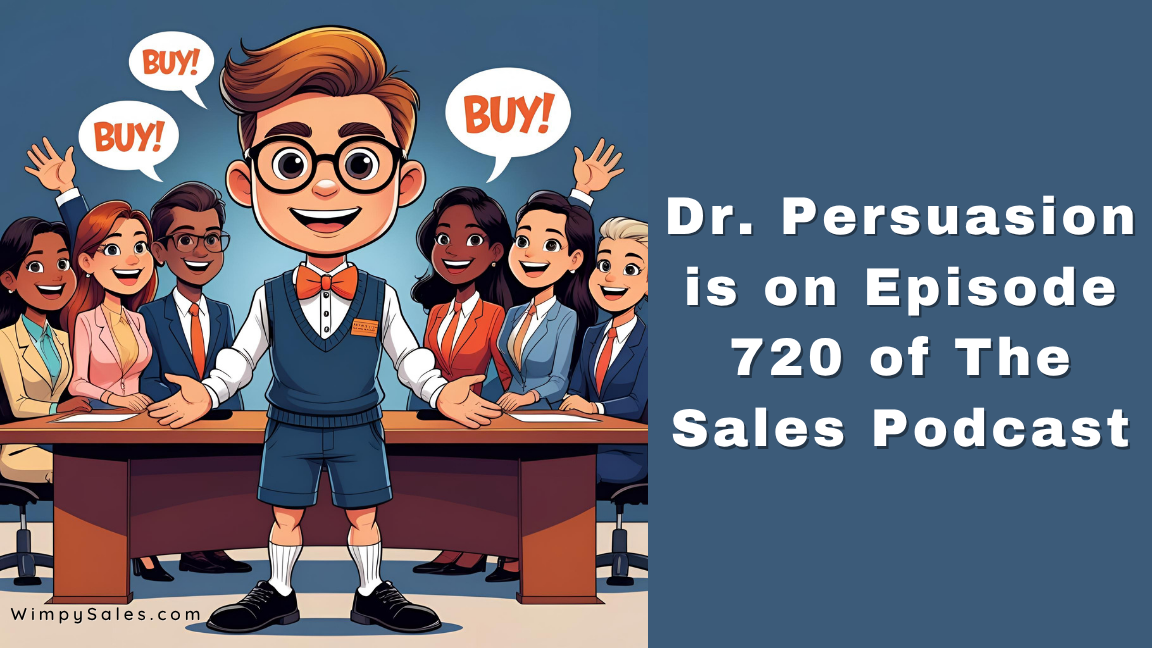
Why You Need a Documented Sales Pipeline CRM

Henry Ford is a household name because he applied a process to making cars.
McDonald's is a household name because Ray Kroc observed what the Kroc brothers were doing to sell so many shakes and he replicated that system to create a global fast foot empire.
When you create your sales pipeline CRM with proper stages, you can systematically work through your Prospects and Opportunities and create predictable profits.
When you shoot from the hip or otherwise wing it you end up struggling with extreme highs and lows in your sales.
During your lows you are tempted/forced to cut crazy, psyche-harming deals that perpetuate a cycle of "wait until the end of the month and Joe will cut me a better deal" with your prospects and repeat clients.
As this uncertainty and "pants-dropping" continues you find yourself pounding unhealthy amounts of energy drinks and $7 Starbucks to muster up the courage to face another day of uncertain activity, field random, sporadic phone calls (if you're lucky enough to actually have incoming calls), bang out dozens of outbound calls, leave just as many voicemails on the answering machines of people you know will not call you back, fire off countless follow-up emails you type repeatedly with creative subject lines such as "Just following up" or "What did you think of the information I sent?", and after 10 hours of walking up the down escalator you might find yourself one or two steps ahead of where you started your day.
(Now you know why there is such high turnover in sales.)
Related Articles:
All successful people and businesses have systems and processes they follow and it's BECAUSE of their systems that they ARE successful.
It's true with Ford and McDonald's as well as Starbuck's and Dr. Pepper and your local taco joint and your ISP that makes it possible for you to connect to this website and read this blog.
If you don't have your own sales pipeline stages created I'd bet a dollar to a doughnut that you have:
- high turnover among your sales team.
- big swings in your sales and income.
- uncertainty in your day-to-day business-building activity.
- sleepless nights.
It doesn't have to be that way.
Every interaction you have with another human being either pushes that person away from you or pulls them towards you. Either way it's your fault because there are no bad prospects. There are only three types of prospects wandering the Earth. Those that are:
- Fully-aware of their need and proactively searching for a solution. (3%-7% of the addressable market at any given moment, i.e., someone whose TV or computer just fell off the table and needs to be replaced now!)
- Aware of their need and are able to act if they find a compelling reason. (30% - 50%, i.e., they have a 23-month old computer whose warranty is about to run out but it's a good machine that has served them well.)
- Not in need right now but will be in the next sales cycle. (43%-67%, i.e., they bought a new computer last month so it'll be 12-36 months before they'd even consider buying another one.)
With so few people ready, willing and able to give you money right now, today, you better be on top of your game when you encounter them.
Prospects have access to more information on you, your company and your product that ever before. They have money but not as much so they are more cautious when they spend it. And they don't play games, especially the Generation Y and younger buyers. They'll whip out their smartphones and look you up on Yelp or Google+ or Facebook as they're standing in front of you. (You know they're doing it on their computers if you're on the phone with them.)
So what is your system and process to make the best impression when one of those 3-percenters show up ready to buy? If you're winging it and not happy with the results you're in my 3-7% and can benefit from my Make Every Sale program.
Market like you mean it.
Now go sell something.

